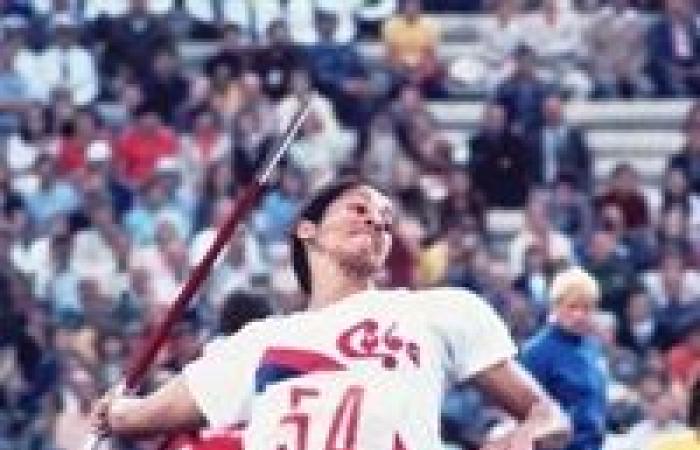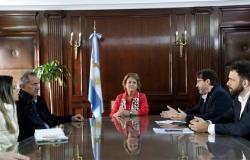Havana.- NAME Cuba has been in the news almost since the genesis of the Olympic movement of the modern era. Just four years after the founding edition, held in Athens in 1896, a man from Havana began to write, based on mastery and audacity, a story that will always have him as a reference.
Sword in hand, in Paris at the beginning of the 20th century, Ramón Fonst wrote his name in the books as the first champion of the Island and Latin America under the five rings. His lunges, once again golden in San Luis 1904, marked the route later retraced by those who have turned the Greater Antilles into a universal sporting power.
It was precisely the French capital that hosted the return of the Cubans to the Olympic concert in 1924. Ten fencers, once again led by Fonst, starred in that return, which, although without prizes, continued paving the way to glory.
In Amsterdam 1928, Cuba was only represented by the sprinter José “Pepe” Barrientos. And after not participating in Los Angeles 1932 and Berlin 1936, the small archipelago returned to the medal table thanks to a father and son couple of the same name – Carlos de Cárdenas – who won silver in the London 1948 sailing competition.
Without much success, the versions of Helsinki 1952 and Melbourne 1956 passed. And although the radical change would begin to take shape with the triumph of the Revolution, in 1959, we had to wait a few more years to reap the best fruits.
The idea of Commander in Chief Fidel Castro Ruz to convert the practice of sport into the right of the people, and the support assigned to that objective, became the driving force of an enormous feat that ended up being admired throughout the planet.
The founding of the National Institute of Sports, Physical Education and Recreation (Inder), on February 23, 1961, was a key step to give greater scope to the many actions deployed from the base.
The contribution of thousands of activists, the training of teachers and coaches, the conditioning and expansion of areas made available to the population, the capacity for innovation, and the creation and resistance of a people willing to overcome the criminal economic siege imposed by States. United States and other attacks by the enemies of the Revolution were established as fortresses.
A dozen Cubans arrived at Rome 1960 who, although they did not win medals, gave early signs of what would happen in Tokyo 1964, when in the legs of the fast Enrique Figuerola – running 100 meters – a silver medal was forged that would put the Island back in the Olympic medal table.
From that moment on, the Antillean delegations became more numerous. The one sent to Mexico 1968 included 125 competitors and left four subtitles. The trend of promotion was repeated in Munich 1972, the scene of three coronations, and in Montreal 1976, where that figure was doubled so that the world applauded the eighth place in the medal table.
The Moscow 1980 version is remembered for a great performance, which had as its initial step the integration of a delegation of 215 athletes with 20 medals, divided into eight gold, seven silver and five bronze, enough for a resounding fourth place overall. .
But the biggest leap would be reserved for the Barcelona 1992 contest, after not attending the Los Angeles 1984 and Seoul 1988 contests. On Spanish soil, and in the presence of all the economic powers on the planet, 190 contestants embodied the tough struggle that emerged the hitherto unsurpassed feat of achieving 31 medals (14-6-11).
The events of Atlanta 1996 and Sydney 2000 were tests of perseverance in the midst of adverse conditions that did not prevent Cuba from occupying seats eight and nine, in that order, among the greats of Olympus.
It turned out to be very complex to maintain the pace in such circumstances. After nine crowns in Athens 2004, Beijing 2008 was an expression of a decrease in the titles won – only three – although the number of awards was good, with the conquest of 10 subtitles and 17 bronze medals.
London 2012 meant an improvement, with five golden awards, a figure equaled in Rio de Janeiro 2016 and surpassed in Tokyo 2020 (7), when its representation was more modest, but it wasted efficiency.
All this as a certainty that despite many obstacles, the solidity of a concept and the political will to sustain it have been a fundamental pillar of so many achievements. And they will continue to be.






